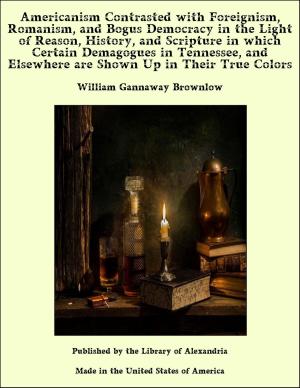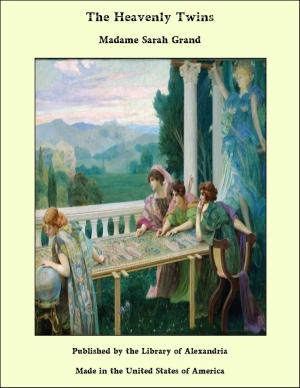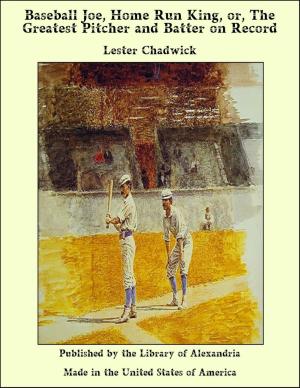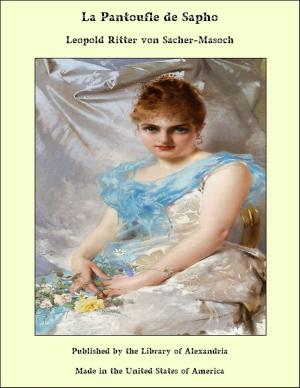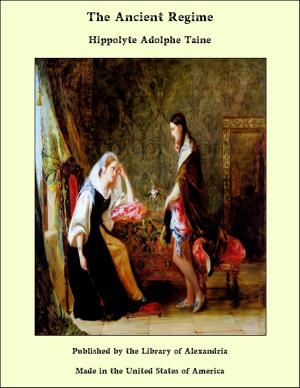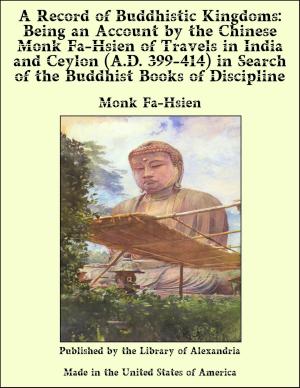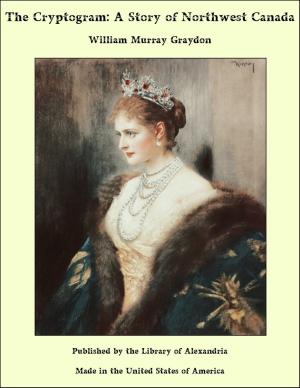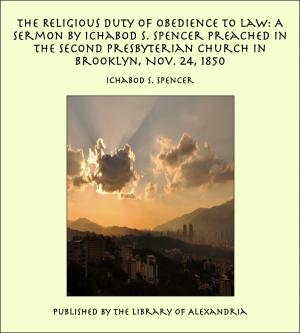Mysteries of Police and Crime
Nonfiction, Religion & Spirituality, New Age, History, Fiction & Literature| Author: | Arthur George Frederick Griffiths | ISBN: | 9781465604194 |
| Publisher: | Library of Alexandria | Publication: | March 8, 2015 |
| Imprint: | Language: | English |
| Author: | Arthur George Frederick Griffiths |
| ISBN: | 9781465604194 |
| Publisher: | Library of Alexandria |
| Publication: | March 8, 2015 |
| Imprint: | |
| Language: | English |
It may be said that society itself creates the crimes that most beset it. If the good things of life were more evenly distributed, if everyone had his rights, if there were no injustice, no oppression, there would be no attempts to readjust an unequal balance by violent or flagitious means. There is some force in this, but it is very far from covering the whole ground, and it cannot excuse many forms of crime. Crime, indeed, is the birthmark of humanity, a fatal inheritance known to the theologians as original sin. Crime, then, must be constantly present in the community, and every son of Adam may, under certain conditions, be drawn into it. To paraphrase a great saying, some achieve crime, some have it thrust upon them; but most of us (we may make the statement without subscribing to all the doctrines of the criminal anthropologists) are born to crime. The assertion is as old as the hills; it was echoed in the fervent cry of pious John Bradford when he pointed to the man led out to execution, “There goes John Bradford but for the grace of God!” Criminals are manufactured both by social cross-purposes and by the domestic neglect which fosters the first fatal predisposition. “Assuredly external factors and circumstances count for much in the causation of crime,” says Maudsley. The preventive agencies are all the more necessary where heredity emphasises the universal natural tendency. The taint of crime is all the more potent in those whose parentage is evil. The germ is far more likely to flourish into baleful vitality if planted by congenital depravity. This is constantly seen with the offspring of criminals. But it is equally certain that the poison may be eradicated, the evil stamped out, if better influences supervene betimes. Even the most ardent supporters of the theory of the “born criminal” admit that this, as some think, imaginary monster, although possessing all the fatal characteristics, does not necessarily commit crime. The bias may be checked; it may lie latent through life unless called into activity by certain unexpected conditions of time and chance. An ingenious refinement of the old adage, “Opportunity makes the thief,” has been invented by an Italian scientist, Baron Garofalo, who declares that “opportunity only reveals the thief”; it does not create the predisposition, the latent thievish spirit.
It may be said that society itself creates the crimes that most beset it. If the good things of life were more evenly distributed, if everyone had his rights, if there were no injustice, no oppression, there would be no attempts to readjust an unequal balance by violent or flagitious means. There is some force in this, but it is very far from covering the whole ground, and it cannot excuse many forms of crime. Crime, indeed, is the birthmark of humanity, a fatal inheritance known to the theologians as original sin. Crime, then, must be constantly present in the community, and every son of Adam may, under certain conditions, be drawn into it. To paraphrase a great saying, some achieve crime, some have it thrust upon them; but most of us (we may make the statement without subscribing to all the doctrines of the criminal anthropologists) are born to crime. The assertion is as old as the hills; it was echoed in the fervent cry of pious John Bradford when he pointed to the man led out to execution, “There goes John Bradford but for the grace of God!” Criminals are manufactured both by social cross-purposes and by the domestic neglect which fosters the first fatal predisposition. “Assuredly external factors and circumstances count for much in the causation of crime,” says Maudsley. The preventive agencies are all the more necessary where heredity emphasises the universal natural tendency. The taint of crime is all the more potent in those whose parentage is evil. The germ is far more likely to flourish into baleful vitality if planted by congenital depravity. This is constantly seen with the offspring of criminals. But it is equally certain that the poison may be eradicated, the evil stamped out, if better influences supervene betimes. Even the most ardent supporters of the theory of the “born criminal” admit that this, as some think, imaginary monster, although possessing all the fatal characteristics, does not necessarily commit crime. The bias may be checked; it may lie latent through life unless called into activity by certain unexpected conditions of time and chance. An ingenious refinement of the old adage, “Opportunity makes the thief,” has been invented by an Italian scientist, Baron Garofalo, who declares that “opportunity only reveals the thief”; it does not create the predisposition, the latent thievish spirit.


